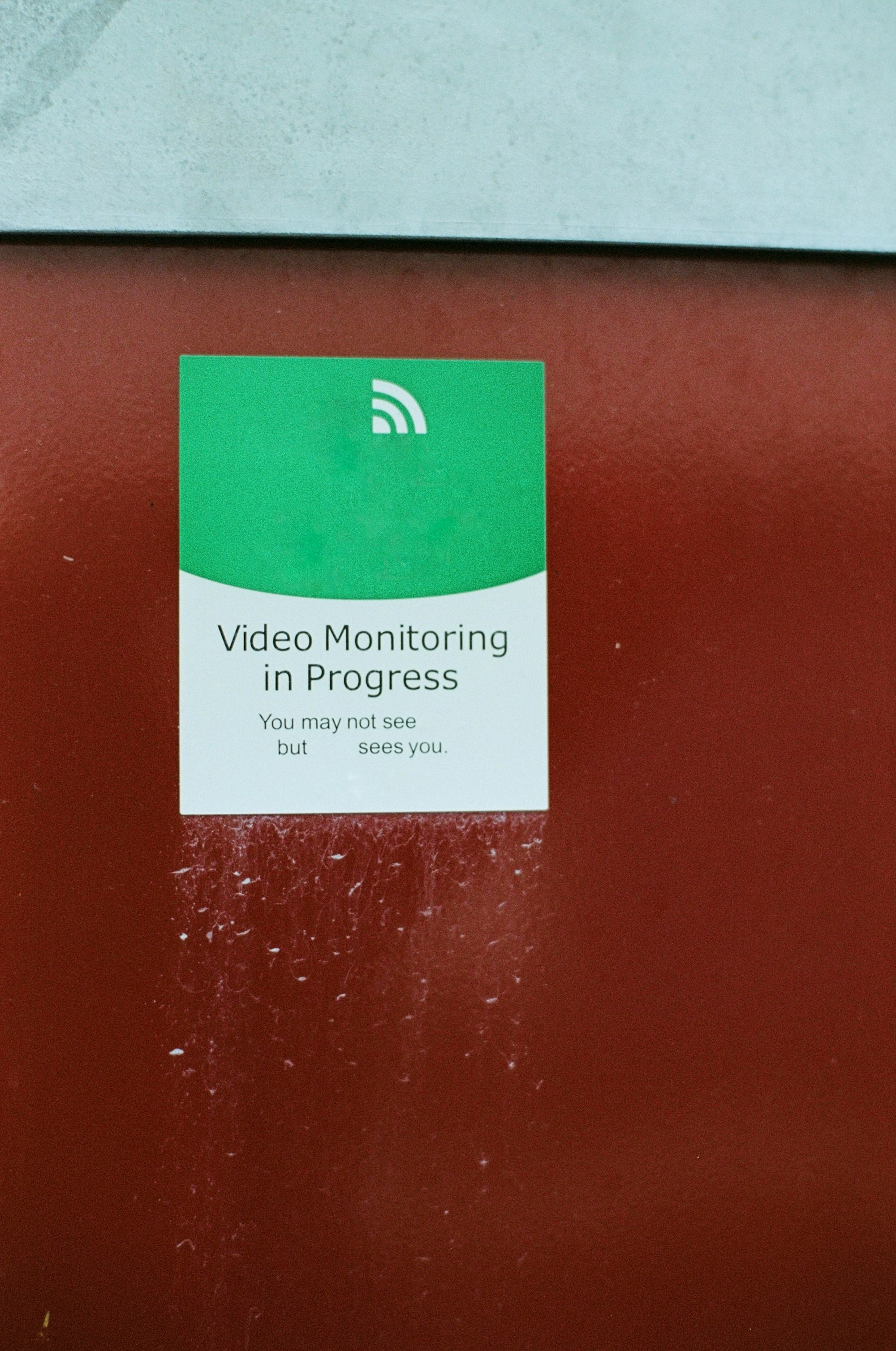Have you ever experienced a sense of joy and fulfilment in your work that led you to produce your best work?
It is said that when one takes pleasure in their job, they are more likely to achieve perfection in their work.
But what is the source of this pleasure, and how does it lead to perfection? In this article, we will explore the philosophical perspective on pleasure in the job and how it can improve the quality of one's work.
The Role of Pleasure in Work
According to Aristotle, pleasure is an essential aspect of a good life, and it is necessary for human flourishing. However, he cautioned that pleasure should not be pursued as an end in itself but should be a by-product of engaging in activities that are virtuous and worthwhile. Similarly, in the context of work, pleasure should not be the primary goal but should be a result of engaging in tasks that are meaningful and contribute to one's sense of purpose and fulfilment.
Immanuel Kant argued that pleasure on its own can’t be the ultimate goal of human action. Instead, he stressed the role of duty and moral obligation in guiding what we do. From this view, pleasure in work shouldn’t be chased for its own sake but should come as a result of meeting our responsibilities and obligations.
The Relationship between Pleasure and Perfection in Work
When one takes pleasure in their job, they are more likely to be fully engaged and committed to their work. This engagement can lead to a state of flow, where one is fully absorbed in the task at hand and experiences a sense of enjoyment and satisfaction. In this state of flow, one is more likely to be creative and innovative, leading to better quality work.
Furthermore, pleasure in work can lead to a sense of pride and ownership in one's work. When one takes pleasure in their job, they are more likely to take pride in their accomplishments and feel a sense of ownership over their work. This sense of ownership can lead to a greater commitment to producing high-quality work.
On the other hand, when one is not engaged or does not take pleasure in their job, they may produce mediocre or subpar work. Without a sense of enjoyment and purpose, work can become a burden, leading to a lack of motivation and effort.
The Importance of Finding Pleasure in Work
Finding pleasure in one's job is essential for achieving excellence and satisfaction in work. When one takes pleasure in their job, they are more likely to be fully engaged and committed, leading to better quality work. Moreover, pleasure in work can lead to a sense of pride and ownership, which can further motivate one to produce high-quality work.
Finding pleasure in work isn’t always easy, especially if the job itself isn’t particularly enjoyable or fulfilling. In those situations, it helps to focus on the parts of the role that feel meaningful or engaging. You can also look for opportunities to build skills and interests that align with your work, which can lead to greater enjoyment and a stronger sense of fulfilment.
Conclusion
In conclusion, pleasure in the job is essential for achieving excellence and satisfaction in work. When one takes pleasure in their job, they are more likely to be fully engaged and committed, leading to better quality work.
Moreover, pleasure in work can lead to a sense of pride and ownership, which can further motivate one to produce high-quality work.
It’s important to find pleasure in your work, even when the job is challenging or less enjoyable, by focusing on the parts that feel meaningful and engaging and looking for opportunities to build skills and grow.
Article Summary - 10 Key Takeaways
Pleasure is essential to living a good life, as it provides joy and fulfilment. Aristotle's philosophy emphasises the importance of prioritising activities that bring us pleasure and contribute to our overall well-being.
Higher pleasures, associated with intellectual and moral pursuits, are more valuable than lower pleasures. Pursuing activities aligned with our intellectual and moral pursuits can lead to greater fulfilment and personal growth.
When work aligns with our interests and talents, it can provide pleasure and a sense of purpose. We should seek work that we enjoy and that is meaningful to us.
Enjoying our work leads to enthusiasm and commitment, which can result in high-quality results and a sense of accomplishment. The pleasure we derive from our work can create a positive feedback loop that enhances productivity.
While pleasure is important in our work, it's not enough for fulfilment. We need to find meaning and purpose in our work to achieve true fulfilment.
The highest form of happiness comes from engaging in activities that are both pleasurable and meaningful. We should seek work that aligns with our values and interests and provides a sense of purpose.
Many people struggle to find meaning in their work due to prioritising financial gain or social status. It's important to prioritise personal fulfilment in our work to achieve true happiness and satisfaction.
Aligning our work with our values and interests can provide a sense of purpose that goes beyond mere pleasure. Pursuing work that aligns with our personal beliefs and interests can lead to greater fulfilment and personal growth.
Consistently practising our work with enjoyment and engagement can lead to achieving excellence. We should invest time and energy into our work to achieve our goals and improve our skills.
Excellence in our work reflects not only technical proficiency but also our character, which is cultivated through virtues such as perseverance, creativity, and integrity. Approaching our work with dedication and enthusiasm can lead to personal growth and improve the quality of our work and interactions with others.






















